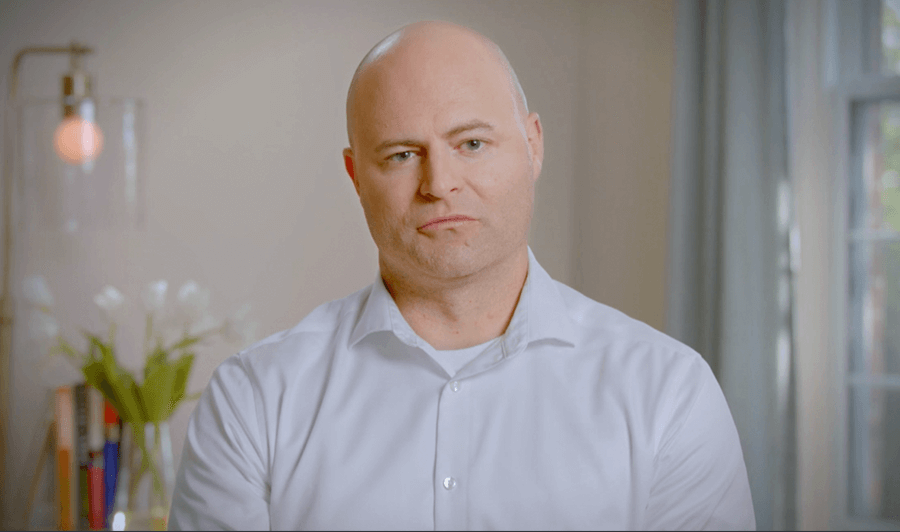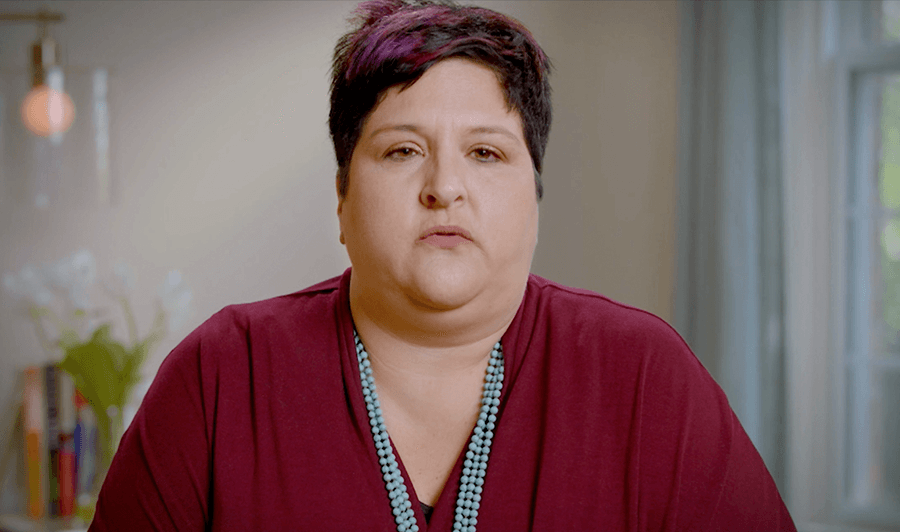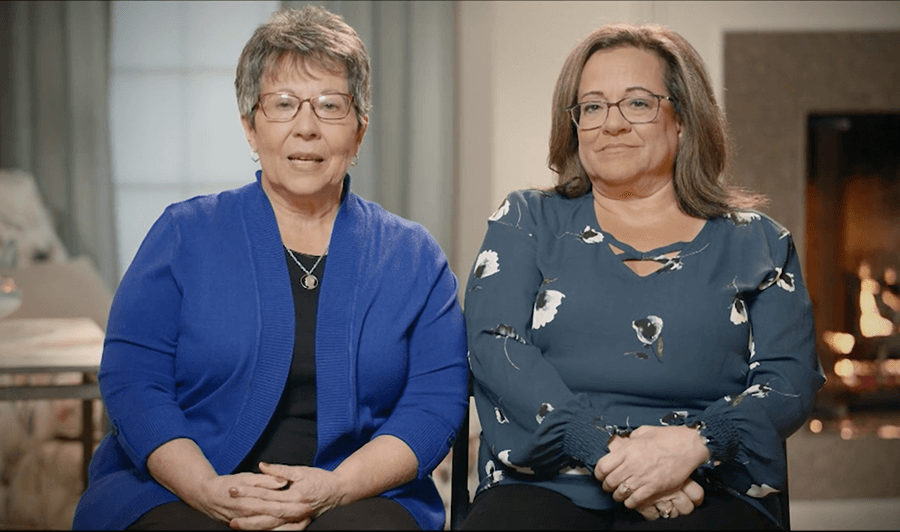
Why a Nursing Home Care Plan is Important for Your Loved One
A nursing home care plan is an important document that outlines a resident’s specific needs and goals in a long-term care facility. It is created by a team of healthcare professionals and is designed to ensure that each resident receives personalized and comprehensive care that addresses their unique needs and preferences.
The care plan typically starts with a comprehensive assessment of the resident’s physical and mental health, including their medical history and current health status. This information is used to determine the resident’s individual needs, goals, and preferences.
For example, a resident with limited mobility may require physical therapy and assistance with activities of daily living. In contrast, another resident with memory problems may require a structured daily routine and regular cognitive stimulation.
The care plan is not a static document but is supposed to be regularly reviewed and updated to reflect changes in the resident’s condition and needs.
The care plan may include a range of services and treatments, including but not limited to:
- Physical therapy: to help residents improve their strength, mobility, and overall physical function
- Wound care: to prevent and treat bed sores and other types of wounds
- Medication management: to ensure residents receive the right medications at the right time and in the right dose
- Pain management: to help residents manage pain and improve their quality of life
- Nutrition: to ensure residents receive balanced and nutritious meals that meet their individual needs and preferences
- Activities of daily living (ADLs): to help residents with tasks such as bathing, dressing, and grooming
In addition to addressing physical health needs, the care plan may also address psychological, social, and emotional needs. This may include regular visits from a social worker or counselor or participation in recreational and social activities that promote well-being and enjoyment.
Ultimately, the purpose of a nursing home care plan is to provide comprehensive and personalized care that helps residents maintain or improve their health, well-being, and quality of life.
By working closely with healthcare professionals, residents, and their families can have more confidence that their individual needs are being met and that they are receiving the best possible care.
Wandering in Nursing Homes – How Your Loved One Should Be Protected
Wandering is a common issue in nursing homes, and it can put the safety of residents at risk. Here are some ways nursing homes should guard against wandering:
- Secure the environment: Ensure that doors and windows are secure, and install alarms or sensors to alert staff when a resident is trying to leave the building.
- Use identification: Provide residents with identification tags or bracelets to help staff quickly identify them if they wander away.
- Create a secure outdoor space: Provide a secure outdoor space for residents to wander in, or use a secure fence or barrier to prevent residents from leaving the property.
- Encourage physical activity: Regular physical activity can help reduce the risk of wandering. Encourage residents to participate in physical activities that they enjoy, such as walking, gardening, or swimming.
- Keep track of medications: Some medications can cause confusion or disorientation, which can increase the risk of wandering. Work with a doctor to manage medications and ensure that residents are taking the right medications for their needs.
- Train staff: Provide training for staff on how to handle wandering incidents, including how to locate a missing resident quickly and safely, and how to provide reassurance and support to residents who have wandered.
- Provide meaningful activities: Engage residents in meaningful activities that they enjoy, such as games, art, or social events. This can help reduce boredom and restlessness, which can contribute to wandering.
- Involve family members: Encourage family members to be involved in the care of their loved ones, and to provide information about their loved ones’ habits, routines, and preferences. This information can help staff tailor care to each resident’s needs and reduce the risk of wandering.
What to Do if a Loved One Has Been Abused at a Nursing Home
If your loved one has been abused in a nursing home, it can be a deeply distressing and emotional experience. The thought of someone you care about being hurt or mistreated is unbearable, and it’s natural to feel overwhelmed and helpless in this situation. But it’s important to remember that you have the power to help your loved one and bring an end to the abuse.
The first step is to report the abuse. If the abuse is happening currently, it’s crucial to contact the local police or emergency services right away.
If the situation is not urgent, you can report the abuse to the nursing home administration, the Iowa Department of Inspections and Appeals, the long-term care ombudsman, or the Dependent Adult Protective Services. It’s important to be as specific as possible about what you have observed or been told about the abuse so that the appropriate authorities can take action.
Next, document the abuse. Write down the details of the abuse, including the date, time, and location of the incident, as well as any physical or behavioral changes you’ve noticed in your loved one. This information will be important if you decide to take legal action or if you need to provide evidence to the authorities.
If your loved one has been physically injured, it’s important to seek medical attention as soon as possible. This will not only help to address any immediate health concerns, but it will also create a record of the abuse that can be used in legal proceedings.
Consider seeking the advice of a lawyer who specializes in nursing home abuse cases. They can help you navigate the legal process and ensure that your loved one’s rights are protected. They can also advise you on any compensation that may be available to help with the costs of medical care and other expenses related to the abuse.
It’s also important to keep family members and other caregivers informed of the situation and any steps you are taking to protect your loved one. It’s crucial to work together to ensure their safety and well-being. You may also want to consider reaching out to advocacy groups or support groups for assistance and guidance.
It can be a difficult and emotional journey, but it’s important to remember that you’re not alone. By taking these steps, you can help protect your loved one, bring an end to the abuse, and seek justice on their behalf.
RSH Legal offers free, no-obligation case evaluations to Iowans whose loved ones have been injured or killed in a nursing home. To schedule yours, call 1-800-433-0283 today.

Tim Semelroth
Board-Certified Trial Attorney

Pressley Henningsen
AV-Rated Trial Attorney
A car came through the median and we were hit head on. Every bone in my body from my lower jaw down to the bottom of my feet was broken. My medical bills were in the hundreds of thousands of dollars. I can’t imagine going through something like this without someone like Tim or RSH Legal.
See more Client ReviewsClient Reviews









